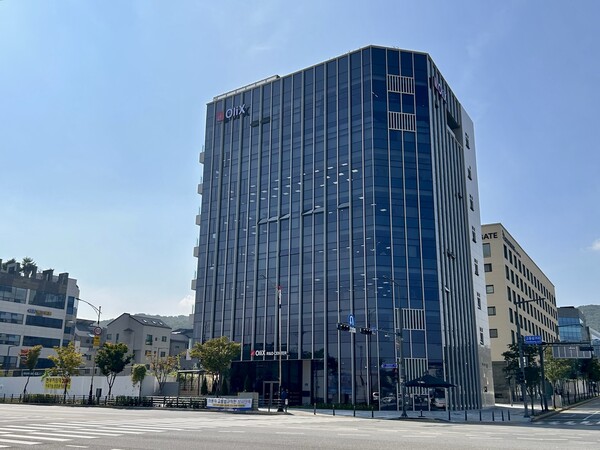OliX Pharmaceuticals has completed the U.S. phase 1 clinical trial of its experimental treatment OLX301A for macular degeneration, marking a significant step forward for the company’s pipeline.
The Clinical Study Report (CSR) submitted to OliX indicated that OLX301A demonstrated strong safety and tolerability across all doses in both single- and multiple-dose studies, meeting phase 1 goals.

In this trial, OLX301A showed a clear safety profile. No serious drug-related adverse events were observed. There was no dose-limiting toxicity, and intraocular pressure (IOP) increases were not clinically significant, according to OliX.
No loss of 15 or more letters was detected in best-corrected visual acuity (BCVA) tests. Only one mild ophthalmic event, classified as inflammation, was recorded. This trial confirmed the safety of OLX301A delivered via intravitreal injection and validated its dosing regimen, the company noted.
The primary goal of this trial was to assess the safety and tolerability of OLX301A after single and repeated doses. Conducted in accordance with U.S. Food and Drug Administration (FDA) guidance, the trial enrolled patients with both wet and dry age-related macular degeneration (AMD) and was completed at five U.S. clinical sites.
"The U.S. phase 1 trial of OLX301A showed strong safety and tolerability. Importantly, it also suggested potential efficacy in improving best-corrected visual acuity (BCVA), which addresses a critical unmet need in the macular degeneration market,” OliX Pharmaceuticals CEO Lee Dong-ki said. “We will seek additional partnerships by showcasing the advantages of OLX301A identified so far in later-stage trials."
AMD is a leading cause of blindness resulting from damage to the macula -- the central part of the retina -- leading to reduced central vision. The number of patients is rapidly increasing globally due to population aging.
According to global market research firms, the AMD treatment market is projected to grow from about $10.8 billion (14.9 trillion won) in 2023 to approximately $17.9 billion by 2030. Recently, U.S. pharmaceutical company Eli Lilly signed an agreement to acquire Adverum Biotechnologies to secure a gene therapy candidate for wet AMD.

